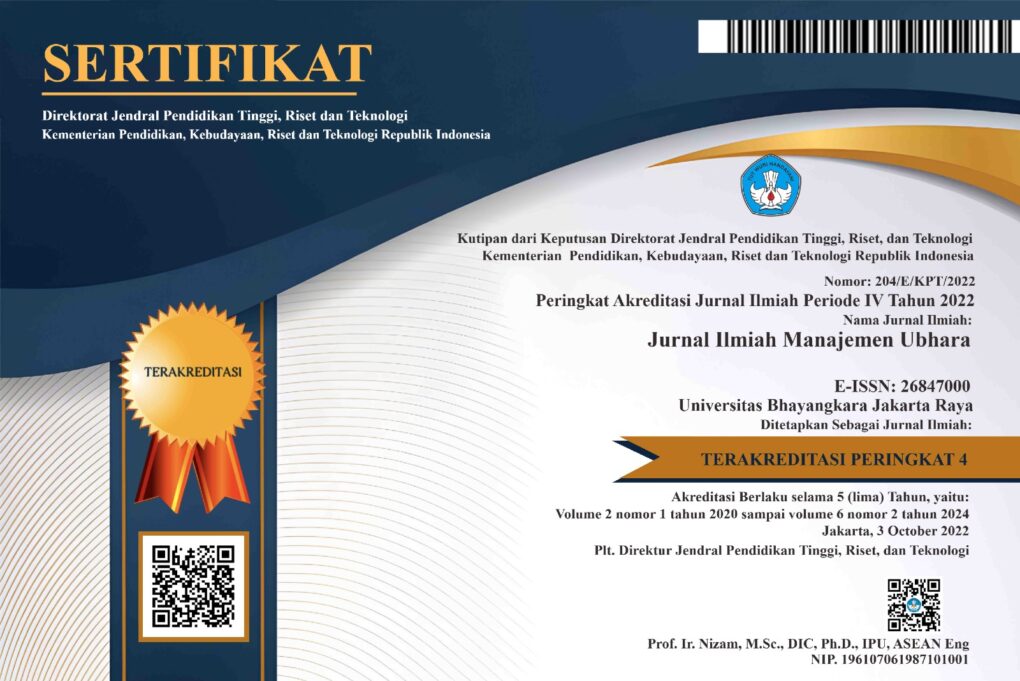The Influence of Work Environment and Communication on Employee Job Satisfaction with Work Motivation as an Intervening Variable
DOI:
https://doi.org/10.31599/1xx4vj85Keywords:
Work Environment, Communication, Job SatisfactionAbstract
This study examines whether the work environment and communication improve employee job satisfaction, and whether work motivation mediates these relationships. A quantitative design was employed at PT X using saturated sampling of all employees (n = 110). Data were collected via questionnaires and analyzed with PLS-SEM (SmartPLS 4.0.9.9). Measurement results show adequate reliability and validity; the structural model explains a moderate share of variance in job satisfaction (R² = 0.628) and a strong share for work motivation (R² = 0.718). Hypothesis tests indicate positive, significant direct effects of the work environment on job satisfaction (β = 0.304; p = 0.002) and on work motivation (β = 0.410; p < 0.001), as well as of communication on job satisfaction (β = 0.280; p = 0.004) and on work motivation (β = 0.498; p < 0.001). Work motivation also exerts a positive, significant effect on job satisfaction (β = 0.277; p = 0.028). Mediation tests show that work motivation does not mediate the effect of the work environment on job satisfaction (p = 0.066), but does mediate the effect of communication on job satisfaction (indirect β = 0.138; p = 0.045). Overall, the findings underscore the importance of strengthening workplace conditions and communication channels, while leveraging motivation pathways specifically for communication-driven improvements in satisfaction.
Downloads
Downloads
Published
Issue
Section
License
Copyright (c) 2025 JIMU (JURNAL ILMIAH MANAJEMEN UBHARA)

This work is licensed under a Creative Commons Attribution 4.0 International License.






_-_Copy1.jpg)
